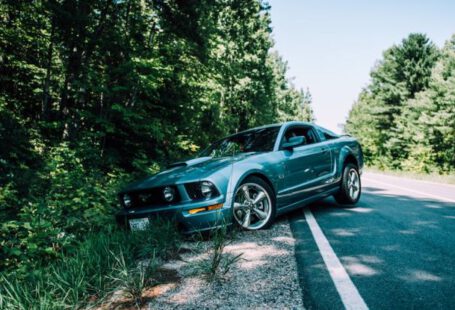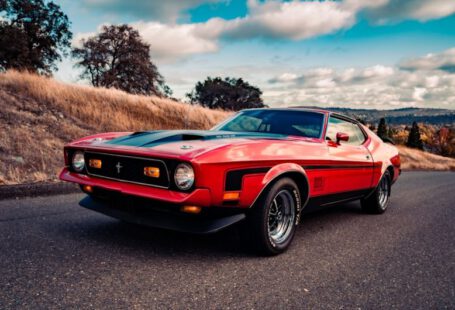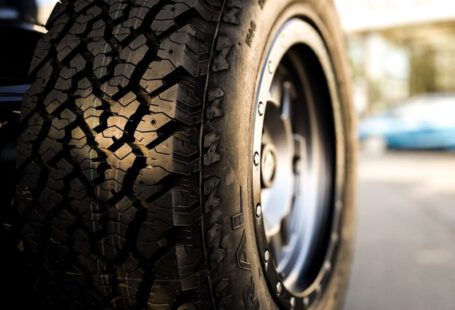Owning a Mustang is often seen as a dream come true for many car enthusiasts. The iconic American muscle car has a reputation for power, style, and performance. However, the thrill of owning a Mustang comes with a price tag that goes beyond the initial purchase cost. From insurance premiums to maintenance expenses, the true cost of owning a Mustang may surprise some prospective buyers.
The Initial Purchase Price
When considering owning a Mustang, the first cost to factor in is the initial purchase price of the vehicle. The price of a new Mustang can vary depending on the model, trim level, and any additional features or packages. On average, a new Mustang can range from around $27,000 for a base model to over $60,000 for a high-performance variant. For those looking to save some money, purchasing a used Mustang is also an option, with prices ranging from a few thousand dollars for older models to around $40,000 for newer ones.
Insurance Costs
One of the ongoing expenses of owning a Mustang is insurance. Due to its powerful engine and sporty nature, Mustangs are considered high-risk vehicles by insurance companies, resulting in higher insurance premiums compared to other more mundane cars. Factors that influence insurance costs include the driver’s age, driving record, location, and the specific model of the Mustang. On average, insurance costs for a Mustang can range from $1,500 to $3,000 per year, though this can vary significantly based on individual circumstances.
Fuel Consumption
Another cost to consider when owning a Mustang is fuel consumption. The powerful engines of Mustangs are not known for their fuel efficiency, especially when driven aggressively. The exact fuel consumption will vary depending on the model and engine size, but owners can expect to spend more on gasoline compared to a typical sedan or compact car. On average, a Mustang can achieve around 15-25 miles per gallon, with higher performance models on the lower end of that range.
Maintenance and Repairs
Maintaining a Mustang is not just about filling up the gas tank and paying insurance premiums. Regular maintenance is crucial to keep the car running smoothly and prevent costly repairs down the line. Mustangs, like any high-performance vehicle, may require more frequent maintenance and specialized care. Routine services such as oil changes, brake pad replacements, and tire rotations can add up over time. Additionally, the cost of replacement parts for Mustangs can be higher than for more common vehicles.
Customizations and Upgrades
For many Mustang owners, the allure of personalization and upgrades is part of the ownership experience. Whether it’s adding aftermarket performance parts, custom paint jobs, or aesthetic modifications, customizing a Mustang can quickly escalate costs. While these upgrades can enhance the driving experience and make the car stand out, they come with additional expenses that should be factored into the overall cost of owning a Mustang.
Resale Value
Despite the ongoing costs associated with owning a Mustang, it’s worth considering the resale value of the vehicle. Mustangs have a strong following and tend to hold their value well compared to other vehicles. Factors such as the model year, mileage, condition, and any modifications can influence the resale value of a Mustang. By taking care of the car and keeping up with maintenance, owners can potentially recoup a significant portion of their investment when it comes time to sell or trade in the vehicle.
In Conclusion:
Owning a Mustang is more than just a financial investment; it’s a commitment to a lifestyle of performance and style. While the initial purchase price is a significant consideration, prospective owners should also factor in insurance costs, fuel consumption, maintenance expenses, customizations, and potential resale value. By understanding the full scope of the costs involved in owning a Mustang, enthusiasts can make an informed decision and fully enjoy the exhilarating experience that comes with driving one of America’s most iconic muscle cars.





